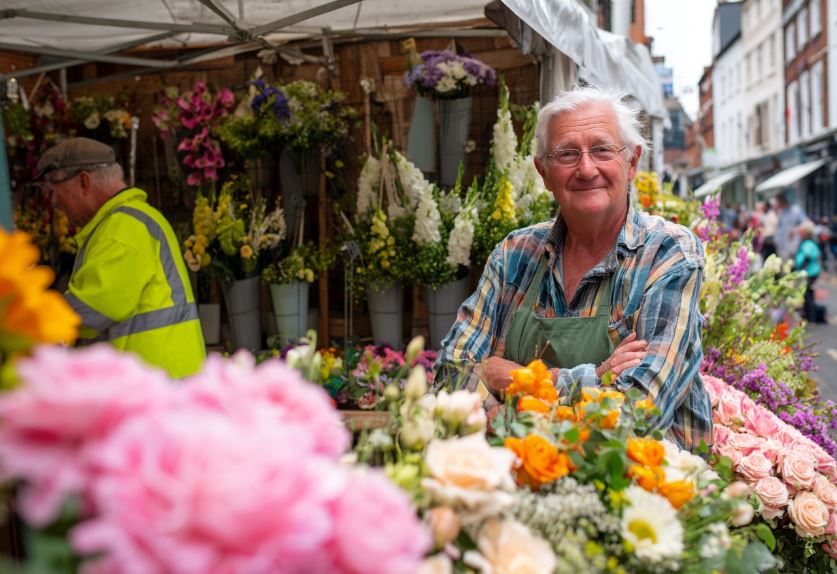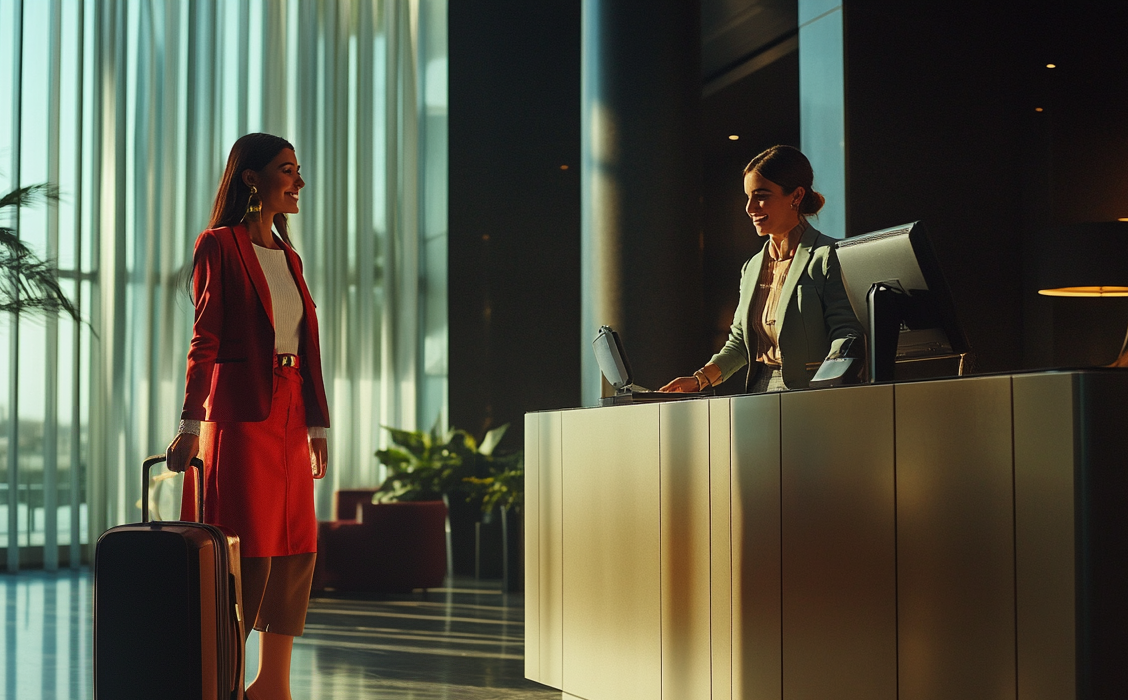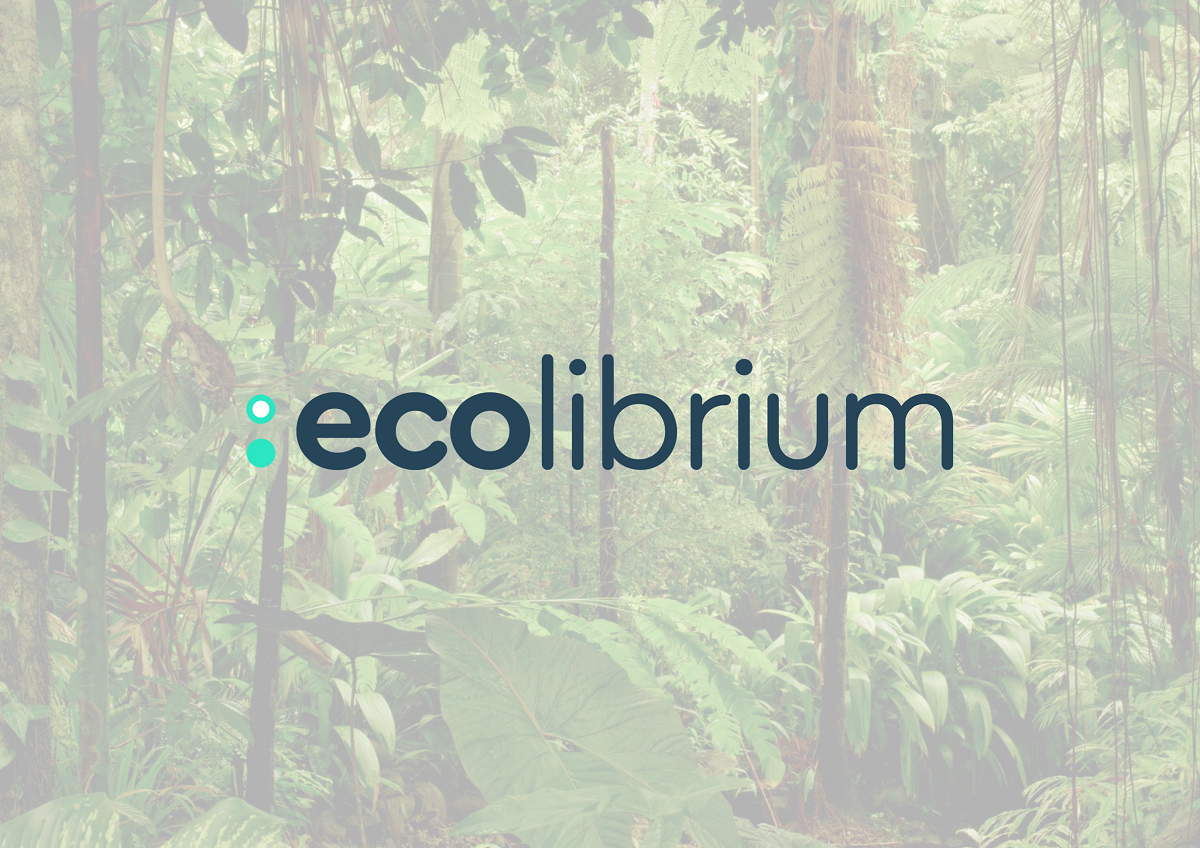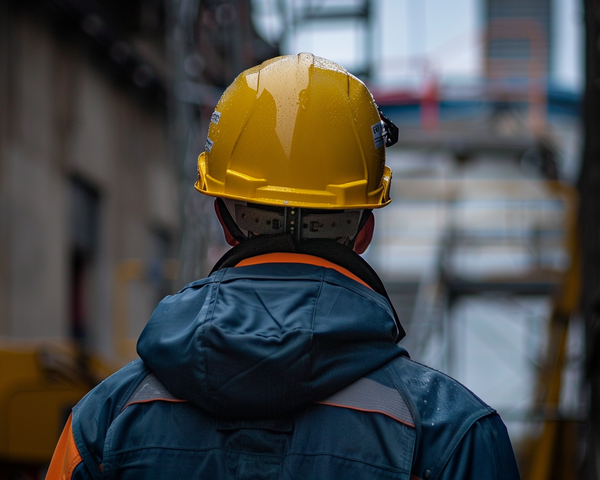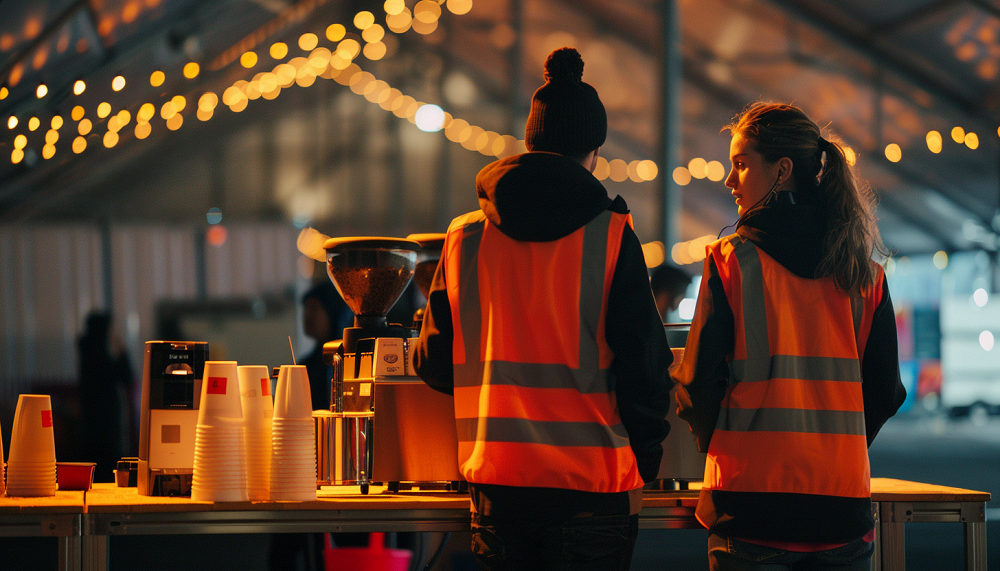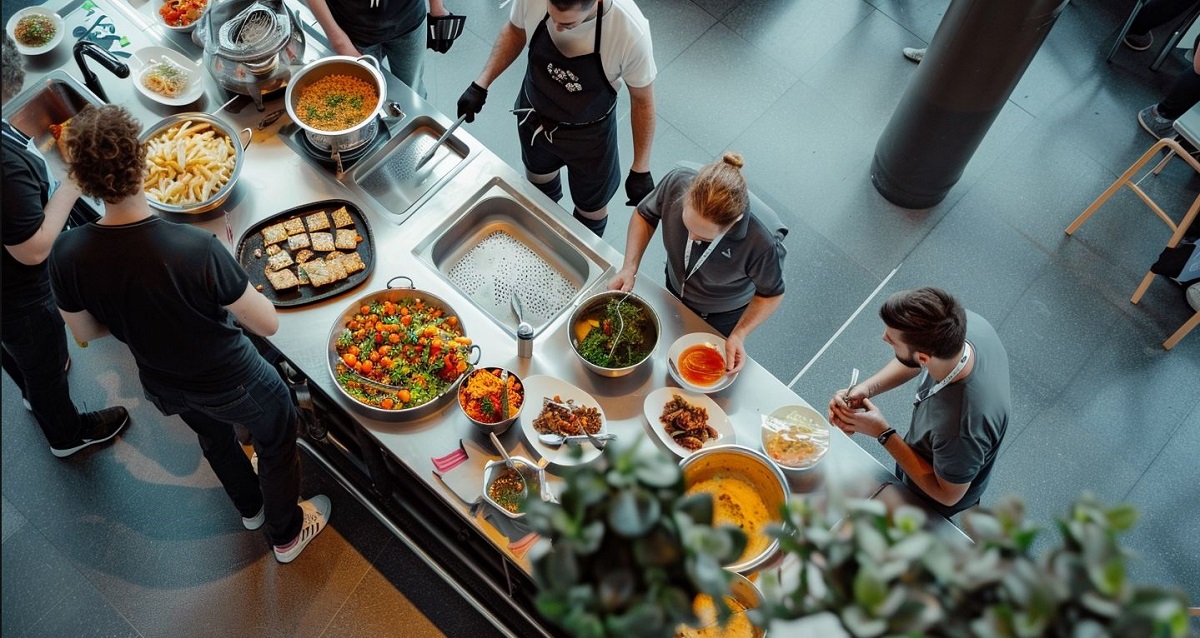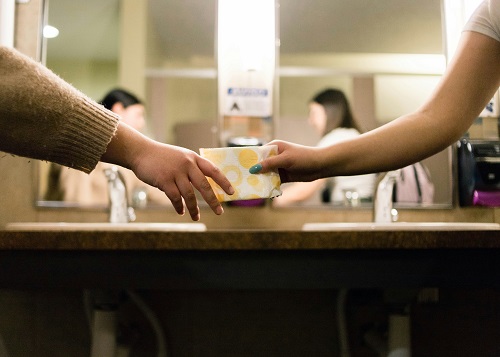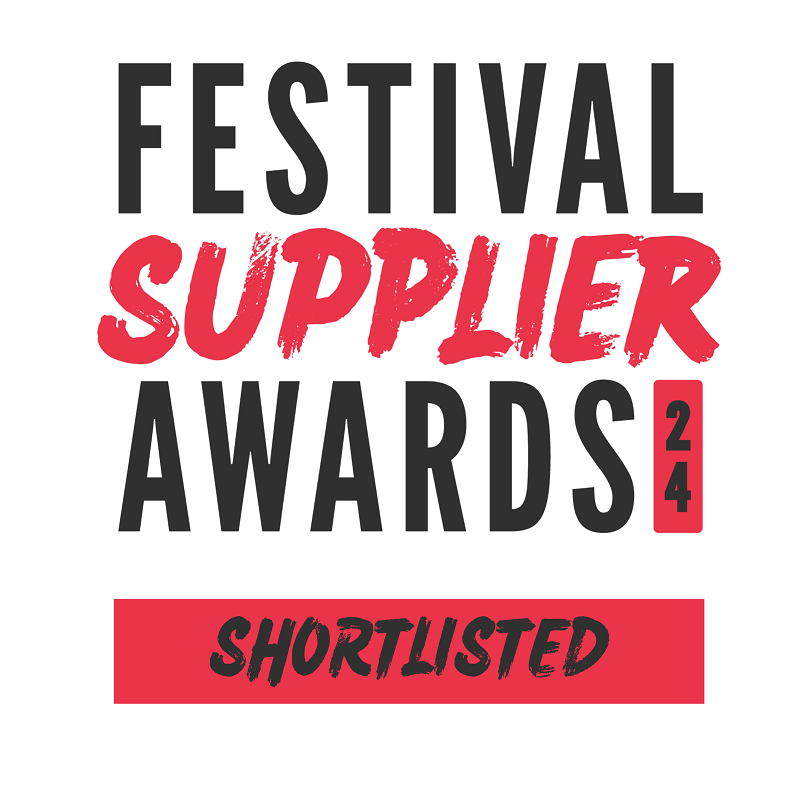AI’s ability to streamline processes and speed up certain tasks has contributed to the rise of its use across many industries.
But as this new shift gathers momentum, it raises an important question: does AI have a place in the world of health and safety, or is this an industry where human expertise must always come first?
The benefits of AI and safety
It’s clear that AI brings exciting opportunities for progress in the workplace. When used appropriately, it can significantly reduce the time spent on administrative tasks, and free up time for more strategic or hands on responsibilities. In the health and safety space, we’re already seeing AI being used for a variety of functions, including:
- Gathering inspiration during the beginning of document creation
- Speeding up early-stage research so more time can be spent tailoring procedures to real scenarios
- Creating checklists that can be used as a starting point
- Identifying patterns in data, like incident reports or audits, in order to support better risk prevention strategies
- Creating basic formats for procedural templates
AI can be a real asset when it comes to supporting teams behind the scenes. It can process large quantities of information far quicker than a person can, making it useful for research, reporting, or streamlining document creation.
However, health and safety is about more than processes and paperwork. AI might be able to scan thousands of risk assessments, but it can’t physically walk around an event site, assess real time hazards, or understand the dynamics of a crowd. It doesn’t notice small details, like the behaviour of a group of individuals, or how weather can change risk levels in a matter of minutes.
Even when it comes to documentation, it may be able to offer basic document formats or spot patterns in data – but a trained professional must still review, adapt and interpret the data or documents for the specific site or event. Rather than relying on AI to make decisions on our behalf, it’s better to think of it as a starting point.
A large part of health and safety management includes being able to navigate unpredictable environments, manage people, and respond to incidents under pressure. In order to do this successfully, you need trained professionals with years of experience – people who understand the nuance of a situation and can think quickly and act compassionately.
AI can absolutely support safety work, but it can’t replace the insight or empathy that safety professionals provide.
Safety and empathy, not just efficiency
One of the most overlooked yet vital aspects of health and safety is human connection. Good safety practices don’t just rely on rules and protocols – they rely on trust, communication, and understanding.
Having the reassurance of a calm, experienced voice during a high-pressure situation can make a real difference, which is why a human touch will always be important in the world of safety.
AI won’t recognise when someone in a festival crowd is quietly overwhelmed, or when a small incident could spiral into a larger issue.
That’s why having a trusted team with years of experience on the ground matters so much. They know what to look for, when to intervene, and how to adapt in real time with empathy and clarity.
At Harrier, our team doesn’t just monitor risks, we support people. We listen to concerns from staff, respond calmly in moments of stress, and create environments where everyone feels protected and respected.
If you’re looking for a hands on, thoughtful and thorough health and safety team for your next event – we’d love to help! Just get in touch with our friendly team today.
📞 01332 460703
📧 info@harriersafety.com


